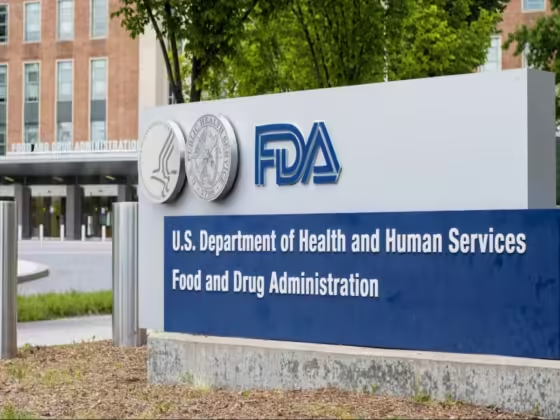New Delhi, October 13: Air pollution is becoming a serious threat to our health, leading to severe consequences around the globe. The National Library of Medicine has pointed out that exposure to polluted air is one of the top causes of death and illness, with 6.5 million people dying and 167.3 million years of healthy life lost in 2015 alone. This shocking information highlights the immediate need for decisive actions to combat the harmful effects of air pollution on individuals and communities.
The Health Hazards of Air Pollution
The dangers of air pollution to our health are significant. Various pollutants cause numerous health issues. Common culprits include particulate matter, ozone, nitrogen dioxide, sulfur dioxide, and carbon monoxide. For example, particulate matter can infiltrate deep into our lungs and bloodstream, resulting in respiratory problems, heart diseases, and even an increased risk of untimely death.
The Impact on Mortality and Morbidity
The effects of air pollution are stark and extensive, with countless lives either lost or compromised due to ongoing exposure to dirty air. In that alarming year of 2015, 6.5 million deaths were linked to the harmful repercussions of air pollution. Additionally, the loss of 167.3 million disability-adjusted life years illustrates the long-lasting implications air pollution can have on people’s health and quality of life.
Vulnerable Populations at Risk
Some people are more vulnerable to the risks posed by air pollution. Children, the elderly, those with existing health issues, and low-income communities are particularly at risk for the negative effects of polluted air. Children, whose lungs are still growing, are especially fragile when it comes to air pollution, which can significantly affect their growth and overall health.
Environmental Justice and Air Pollution
Air pollution also raises issues of environmental justice, as disadvantaged communities often face the heaviest pollution burdens. Low-income neighborhoods and communities of color typically encounter higher levels of air pollution, worsening existing health inequalities. Thus, addressing environmental injustice is critical in the fight against air pollution and its harmful effects on public health.
Mitigating Air Pollution Through Collective Action
To tackle the growing threat of air pollution, we must work together at local, national, and global levels. Key steps include enforcing strict air quality regulations, promoting sustainable modes of transport, investing in clean energy solutions, and educating the public about the health risks of air pollution. Moreover, collaboration between governments, businesses, and communities is essential to develop effective strategies that can reduce air pollution and protect public health.










